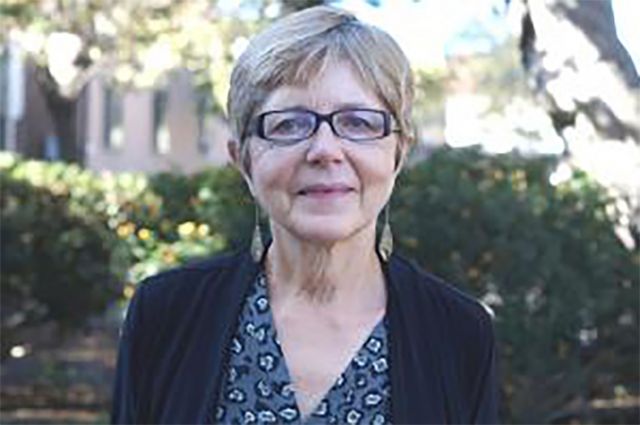Viscoelastic Control of Active Turbulence

Speaker
M. Cristina Marchetti, Ph.D.
Professor
Department of Physics
University of California, Santa Barbara
Abstract
Active fluids, from bacterial suspensions to cytoskeletal extracts, exhibit self-sustained chaotic spatio-temporal dynamics often referred to as active or bacterial turbulence. In many of these systems the active degrees of freedom are immersed in viscoelastic solvents. In this talk I will describe theory and experiments demonstrating that solvent viscoelasticity can control the spatial and temporal organization of active suspensions, ``calming’’ active turbulence and yielding new self-organized spatio-temporal structures. In particular, a model that captures the interplay of activity and viscoelastic relaxation can reproduce the vortical states with globally oscillating chirality that have been observed in bacterial fluids.
Bio
M. Cristina Marchetti is a Professor of Physics at the University of California Santa Barbara. She was educated in Italy at the University of Pavia, earned her Ph.D. in the U.S. at the University of Florida, and joined the faculty at UC Santa Barbara in 2018, after thirty years on the faculty at Syracuse University. Marchetti is a theoretical physicist who has worked on a broad range of problems in condensed matter physics, including supercooled fluids, superconductors and driven disordered systems. Currently, she is interested in understanding the emergent behavior of active matter, with realization including the sorting and organization of cells in morphogenesis, bacterial suspensions and synthetic analogues, such as active colloids. Marchetti is currently co-lead editor of the Annual Reviews of Condensed Matter Physics and of Physical Review X. She is a Fellow of the American Physical Society and of the American Association for the Advancement of Science, and a member of the American Academy of Arts and Sciences and of the US National Academy of Sciences. In 2019 she was awarded the inaugural Leo P. Kadanoff prize by the American Physical Society.